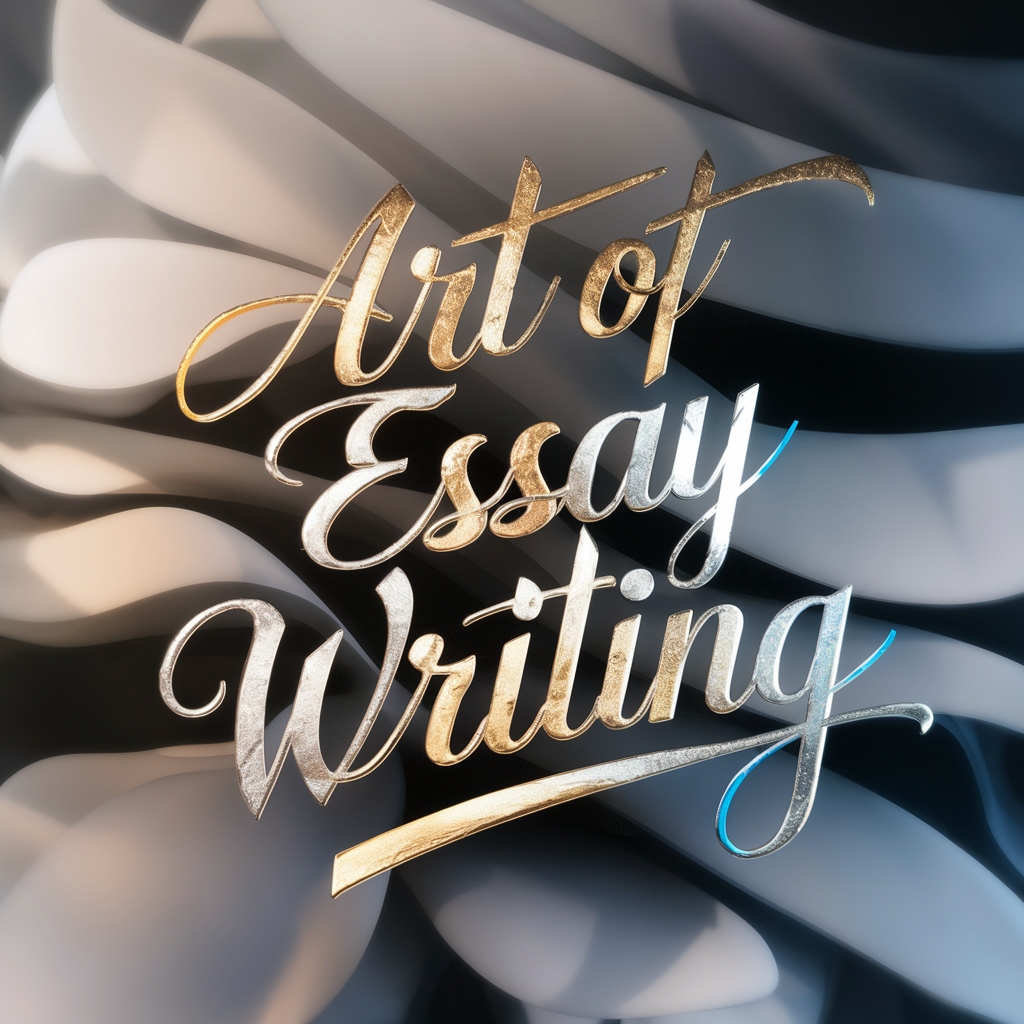In the academic realm, the art of essay writing stands as a crucial skill integral to the success of students across all disciplines. Whether you are a high school student grappling with your first research paper or a college student polishing your thesis, understanding the nuances of essay writing is essential. If you find yourself struggling, essay writing help can be a valuable resource to refine your skills and ensure your work stands out.
Understanding the Basics of Essay Writing
Before diving into the complexities of essay writing, it is vital to grasp the basics. An essay is a structured piece of writing that presents an argument, analysis, or narrative based on evidence and interpretation. The key components of an essay include the introduction, body paragraphs, and conclusion.
The Introduction
The introduction sets the stage for your essay. It should capture the reader’s attention, provide background information, and present a clear thesis statement outlining the main argument or purpose of the essay.
Body Paragraphs
The body of your essay is where you develop your arguments, provide evidence, and analyze the information. Each paragraph should focus on a single idea, starting with a topic sentence, followed by supporting details, and concluding with a transition to the next section.
The Conclusion
The conclusion brings closure to your essay by summarizing the main points and restating the thesis in light of the evidence presented. It should leave a lasting impression and suggest further research or implications.
Different Types of Essays
Essays can take various forms, each serving a different purpose and requiring a unique approach. Understanding these types is essential for effective essay writing.
Narrative Essays
Narrative essays tell a story, often based on personal experiences. They are written in the first person and aim to engage the reader with vivid descriptions and emotional insights.
Descriptive Essays
Descriptive essays focus on painting a picture with words. They describe a person, place, object, or event in detail, appealing to the reader’s senses to create a vivid impression.
Expository Essays
Expository essays aim to inform or explain a topic clearly and concisely. They rely on facts, statistics, and examples, avoiding personal opinions and emotions.
Persuasive Essays
Persuasive essays seek to convince the reader to accept a particular viewpoint or take a specific action. They present arguments supported by evidence and appeal to logic, ethics, and emotions.
Analytical Essays
Analytical essays delve into the intricacies of a subject, breaking it down into its components to understand its meaning and implications. This type of essay is common in literature, art, history, and social sciences.
Seeking Essay Writing Help
Despite understanding the structure and types of essays, many students still need help with essay writing. It is where essay writing help comes into play. Professional writing services, tutoring centers, and online resources can provide guidance and support to enhance your writing skills.
Benefits of Essay Writing Help
- Expert Guidance: Professional tutors and writing coaches can provide personalized feedback and tips to improve your writing.
- Improved Structure: Learning how to organize your thoughts and arguments effectively can lead to clearer, more coherent essays.
- Enhanced Grammar and Style: Focusing on grammar, punctuation, and writing style can elevate the quality of your essays.
- Time Management: With expert help, you can learn to manage your time better and meet deadlines more efficiently.
Where to Find Essay Writing Help
- School Writing Centers: Many schools and universities offer writing centers where students can get help with their essays.
- Online Resources: Websites, forums, and online courses dedicated to essay writing can provide valuable tips and examples.
- Professional Services: Hiring a professional essay writing service can provide customized assistance, from brainstorming to final edits.
Analytical Essay Writing: A Deep Dive
Among the various types of essays, Analytical Essay Writing is particularly challenging yet rewarding. It requires a keen eye for detail, critical thinking, and the ability to interpret and analyze complex information.
What is an Analytical Essay?
An analytical essay goes beyond summarizing a subject. It requires breaking down the topic into its fundamental parts and examining how these parts contribute to the whole. This type of essay often involves interpreting literature, art, historical events, or scientific phenomena.
Steps to Writing an Analytical Essay
- Choose a Topic: Select a subject that interests you and has sufficient depth for analysis. It could be a piece of literature, an artwork, a historical event, or a social issue.
- Develop a Thesis: Formulate a clear thesis statement that presents your main argument or interpretation.
- Gather Evidence: Collect relevant information, quotes, and examples that support your thesis. Ensure your sources are credible and well-documented.
- Create an Outline: Organize your thoughts and evidence into a logical structure. An outline helps ensure that your essay flows coherently.
- Write the Introduction: Start with a hook to grab the reader’s attention, provide context, and present your thesis.
- Develop Body Paragraphs: Each paragraph should focus on a specific aspect of your analysis. Begin with a topic sentence, present your evidence, and explain how it supports your thesis.
- Craft the Conclusion: Summarize your main points, restate the thesis in light of the analysis, and suggest further research or implications.
- Revise and Edit: Review your essay for clarity, coherence, and grammatical accuracy. Seek feedback from peers or mentors to refine your work.
Tips for Effective Analytical Essay Writing
- Be Objective: Maintain an impartial tone, focusing on evidence and logical reasoning rather than personal opinions.
- Use Critical Thinking: Analyze the subject from multiple angles and consider different interpretations.
- Support Your Claims: Use specific examples and quotes to back up your arguments. Explain how each piece of evidence relates to your thesis.
- Stay Organized: Ensure each paragraph transitions smoothly to the next, maintaining a clear and logical flow.
- Proofread Thoroughly: Check for grammatical errors, typos, and inconsistencies. A polished essay reflects attention to detail and care.
Overcoming Common Challenges in Essay Writing
Essay writing can be daunting, but recognizing and overcoming common challenges can make the process smoother and more enjoyable.
Writer’s Block
Writer’s block is a common obstacle where you feel unable to start or continue writing. To overcome it, try the following strategies:
- Free Writing: Spend a few minutes writing whatever comes to mind without worrying about structure or grammar.
- Break it Down: Divide your essay into smaller sections and tackle them one at a time.
- Change Your Environment: Sometimes, a change of scenery can spark creativity.
Time Management
Procrastination and poor time management can lead to rushed and subpar essays. To manage your time effectively:
- Create a Schedule: Set specific goals and deadlines for each stage of the writing process.
- Prioritize Tasks: Focus on the most critical parts of your essay first.
- Avoid Distractions: Find a quiet workspace and limit interruptions.
Lack of Confidence
Many students need more confidence in their writing abilities. Building confidence takes practice and patience:
- Practice Regularly: The more you write, the more comfortable you will become.
- Seek Feedback: Constructive criticism from teachers, peers, or writing tutors can help you improve.
- Celebrate Progress: Acknowledge your improvements and successes, no matter how small.
Conclusion
Mastering the art of essay writing is a journey that requires practice, patience, and a willingness to learn. Whether you need essay writing help to get started or seek to refine your skills in Analytical Essay Writing, numerous resources are available to guide you. By understanding the basics, exploring different types of essays, and overcoming common challenges, you can develop your writing prowess and achieve academic success.
Remember, writing is not just about conveying information; it is about communicating your ideas effectively and persuasively. With dedication and the right support, you can become a proficient essay writer capable of tackling any topic with confidence and clarity.






